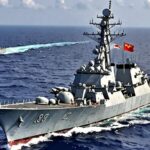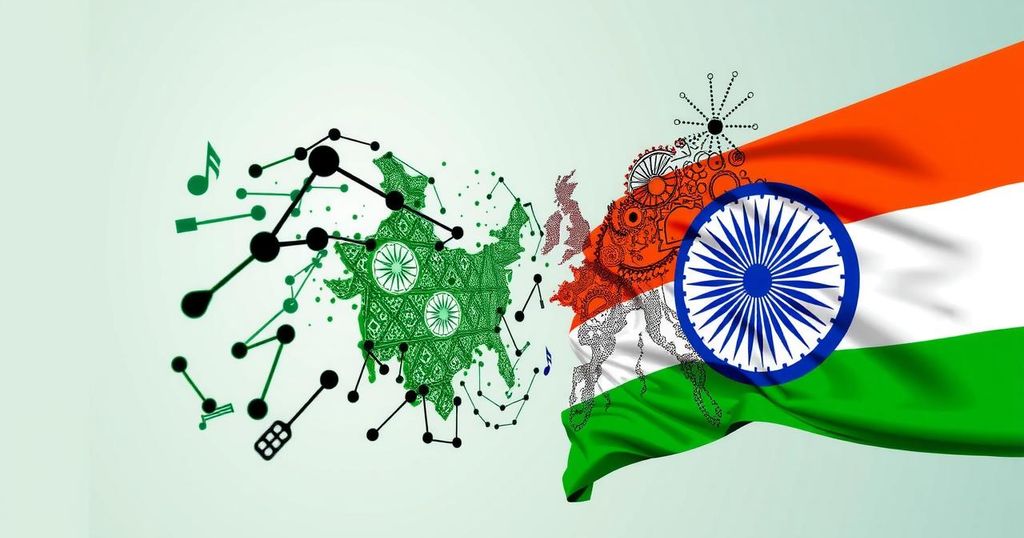Trump Critiques Trade Practices of Mexico, China, and the European Union
Donald Trump stated that the United States has been “screwed” by Mexico, China, and the European Union, expressing concerns over trade practices that disadvantage American workers. His remarks align with his ongoing critique of international trade agreements and emphasize the need for better protection of American economic interests.
Former President Donald Trump asserted that the United States has been “screwed” by several international entities, namely Mexico, China, and the European Union. In a recent television interview, Trump elucidated his perspective on the economic dealings and trade agreements that he claims have disadvantaged the country. He emphasized the perceived injustices in trade relations, arguing that previous administrations failed to protect American interests adequately. Trump’s remarks are a continuation of his critical stance on trade practices that he believes undermine the American economy.
The topic of international trade and economic relations has been a contentious issue in American politics, particularly concerning the dynamics with Mexico, China, and the European Union. Historically, trade agreements have significantly impacted industries and labor within the United States, with policymakers often navigating complex negotiations aimed at benefiting American workers and businesses. Trump’s administration was marked by a focus on renegotiating trade deals, including the United States-Mexico-Canada Agreement (USMCA), which replaced the North American Free Trade Agreement (NAFTA). This ongoing discourse remains pivotal in shaping American economic policy and public sentiment.
In summary, Donald Trump’s recent comments underscore his belief that the United States has been unfairly treated in its trade relationships with Mexico, China, and the European Union. His critique reflects broader concerns regarding national economic policies and the safeguarding of American interests in international dealings. These discussions are likely to continue influencing political and economic debates in the foreseeable future.
Original Source: www.foxnews.com







Post Comment